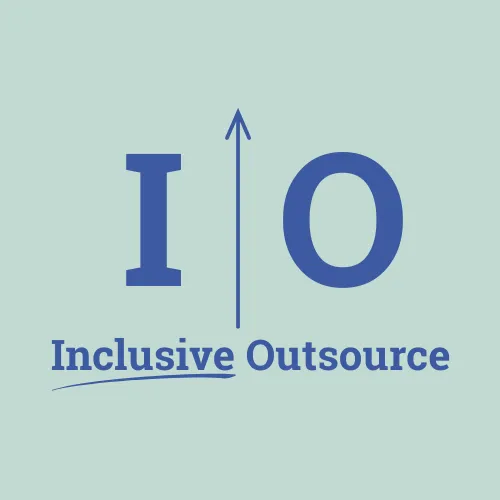If you read my last blog on why I don’t use rewards or punishments, you might be wondering—what do I use instead? The answer is intrinsic motivation.
When we take away external motivators like sticker charts, punishment, or praise-based compliance, what’s left? What actually drives a child to learn, explore, and grow when there’s no carrot or stick guiding them?
The answer: their own curiosity, interests, and sense of purpose—things that come from within.
For neurodivergent individuals, intrinsic motivation is not just important; it’s essential. Research shows that autistic and ADHD brains often operate on interest-based motivation rather than external rewards (Dawson et al., 2007). This means that traditional systems of extrinsic motivation, such as school-based reward charts or workplace performance incentives, may not work the same way they do for neurotypical people.
Why Do Rewards and Punishments Fail Neurodivergent People?
Many neurodivergent individuals struggle with executive functioning, sensory sensitivities, and demand avoidance, meaning that pushing through something just to get a reward often doesn’t work. In fact, external motivators can sometimes create more stress, anxiety, and shutdown.
For example:
-
An autistic child may not care about a sticker chart if the task they’re being asked to complete feels meaningless or overwhelming.
-
An ADHD adult may struggle with a task regardless of the reward, because motivation isn’t the issue—task initiation and dopamine regulation are.
-
A PDA (Pathological Demand Avoidance) individual may feel coerced by external expectations, even if the outcome is something they want.
When external motivators fail, neurodivergent people are often labelled as lazy, unmotivated, or oppositional—when in reality, they are wired differently.
Intrinsic Motivation: A Strength, Not a Weakness
Neurodivergent individuals are passion-driven learners. When something interests us, we can hyperfocus for hours, absorb endless information, and master skills at incredible depth. But when something feels forced, irrelevant, or anxiety-inducing, it can feel impossible to start.
So, what’s the key?
Instead of relying on rewards and punishments, we need to nurture intrinsic motivation by:
✅ Encouraging autonomy – Let neurodivergent individuals have control over their learning and work environments. Choice leads to motivation.
✅ Focusing on strengths – Support special interests and unique talents, rather than pushing for conformity.
✅ Reducing unnecessary demands – Tasks that feel pointless or overwhelming will always be a struggle. Make learning and working meaningful and accessible.
✅ Building trust and emotional safety – When someone feels understood and valued, they are more likely to engage and thrive.
The Long-Term Impact of Supporting Intrinsic Motivation
When neurodivergent children and adults are empowered to follow their own motivations, they:
Develop self-confidence and a strong sense of self.
Learn how to navigate challenges in a way that works for them.
Feel less anxious, burnt out, and pressured to mask.
Thrive in education, work, and life—on their own terms.
If you’ve ever been told that your child just needs to “try harder”, or that they should be “motivated by rewards like everyone else”, know this: They are not broken. They are simply wired differently, and that difference should be supported—not suppressed.
Let’s move away from compliance-based systems and instead create environments where neurodivergent individuals can truly thrive.


Leave a Reply